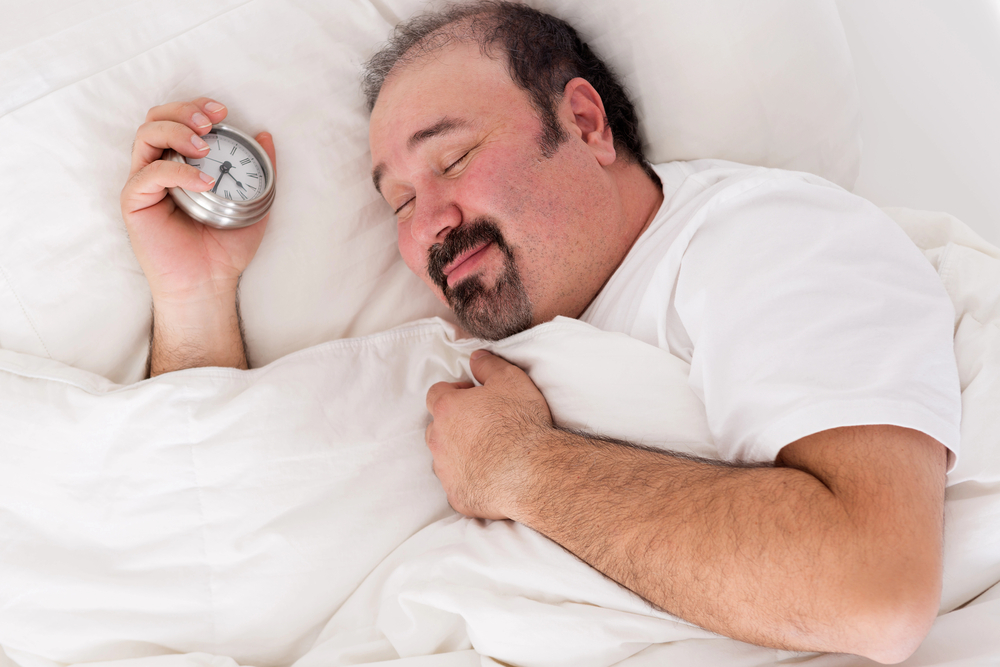
Sleep apnea is a common and potentially serious sleep disorder where breathing repeatedly stops and starts. This condition can lead to numerous health problems, including heart disease, stroke, diabetes, and excessive daytime sleepiness. Our Sacramento dentist, Dr. Mick, offers various treatment options including, oral appliances which have gained popularity for their convenience and effectiveness.
Let’s discuss how effective oral appliances are for treating sleep apnea and why they might be a suitable option for many patients.
What Are Oral Appliances?
Oral appliances are devices worn in the mouth during sleep. They are custom-fitted to ensure comfort and effectiveness. There are two main types offered by our Sacramento dentist:
- Mandibular Advancement Devices (MADs): These devices reposition the lower jaw (mandible) forward, which helps keep the airway open.
- Tongue Retaining Devices (TRDs): These hold the tongue in a forward position to prevent it from blocking the airway.
How Effective Are Oral Appliances?
1. Clinical Evidence
Numerous studies have shown that oral appliances are effective in treating mild to moderate obstructive sleep apnea (OSA). According to a systematic review published in the Journal of Clinical Sleep Medicine, oral appliances reduce the Apnea-Hypopnea Index (AHI) significantly. The AHI measures the severity of sleep apnea by counting the number of apneas (pauses in breathing) and hypopneas (shallow breathing) per hour of sleep. For many patients, the use of oral appliances can lead to a reduction in AHI to levels comparable to continuous positive airway pressure (CPAP) therapy, the standard treatment for OSA.
2. Patient Adherence
One of the significant advantages of oral appliances over CPAP is patient adherence. CPAP therapy requires wearing a mask connected to a machine that provides a continuous stream of air to keep the airway open. While effective, many patients find CPAP uncomfortable and cumbersome, leading to low compliance rates. In contrast, oral appliances are less obtrusive, easier to use, and more likely to be consistently worn, resulting in higher adherence rates.
3. Quality of Life Improvements
Patients using oral appliances often report improvements in sleep quality and overall well-being. A study published in the American Journal of Respiratory and Critical Care Medicine found that patients with mild to moderate OSA experienced significant improvements in daytime sleepiness, mood, and quality of life when using oral appliances. These benefits can translate into better daily functioning, reduced fatigue, and an enhanced ability to concentrate and perform tasks.
4. Cardiovascular Benefits
Effective management of sleep apnea is crucial for reducing the risk of cardiovascular issues such as hypertension, heart attack, and stroke. Research indicates that oral appliances can positively impact cardiovascular health. By maintaining an open airway and ensuring regular breathing patterns during sleep, oral appliances help reduce the strain on the heart and improve overall cardiovascular function.
5. Customization and Comfort
Oral appliances are custom-made to fit each patient’s mouth, ensuring a high level of comfort. This customization contributes to better adherence and effectiveness. Moreover, advancements in dental technology have led to the development of more sophisticated and comfortable devices, further enhancing their appeal.
Limitations and Considerations
While oral appliances offer many benefits, they are not without limitations. Understanding these can help set realistic expectations for patients considering this treatment option.
1. Severity of Sleep Apnea
Oral appliances are generally most effective for individuals with mild to moderate OSA. For those with severe OSA, CPAP therapy might be necessary for optimal treatment. However, oral appliances can still be beneficial when used in conjunction with CPAP, especially for patients who struggle with CPAP adherence.
2. Side Effects
Some patients may experience side effects such as jaw discomfort, excessive salivation, dry mouth, or dental changes. These side effects are usually mild and tend to diminish with time as patients adjust to the appliance. Regular follow-up with a sleep dentist is essential to address any issues and make necessary adjustments.
3. Regular Monitoring
To ensure continued effectiveness, patients using oral appliances should undergo regular monitoring and follow-up care. This includes periodic sleep studies to evaluate the appliance’s impact on sleep apnea and adjustments to the device as needed. Collaboration between sleep dentists and sleep physicians is crucial for comprehensive care.
Comparing Oral Appliances and CPAP
Understanding the comparative effectiveness of oral appliances and CPAP can help patients make informed decisions.
1. CPAP Therapy
CPAP therapy is the gold standard for treating moderate to severe OSA. It delivers continuous positive airway pressure through a mask, keeping the airway open. While highly effective, CPAP has drawbacks, including discomfort, nasal congestion, and difficulty in adjusting to the equipment. Many patients struggle with compliance, which can reduce the overall effectiveness of the treatment.
2. Oral Appliances
Oral appliances offer a less invasive alternative, particularly beneficial for patients with mild to moderate OSA. They are portable, silent, and easier to tolerate, leading to higher adherence rates. However, they might not be as effective as CPAP for severe cases. Patients often appreciate the convenience and comfort of oral appliances, which can significantly enhance their quality of life and treatment satisfaction.
Call Our Sacramento Dentist for Sleep Apnea Treatment
For optimal outcomes, it is essential for patients to work closely with their sleep dentist and undergo regular follow-up care. This collaborative approach ensures that the oral appliance is functioning correctly and provides the maximum benefit.


